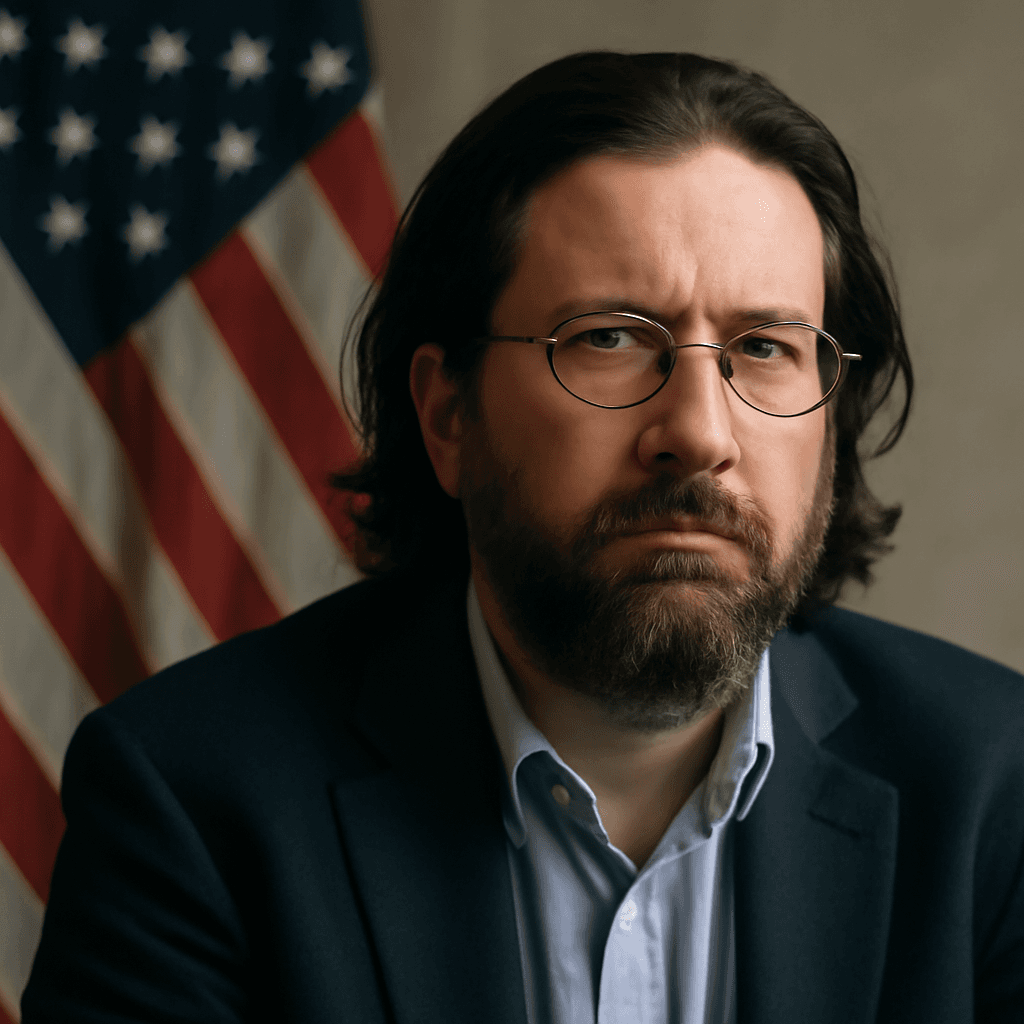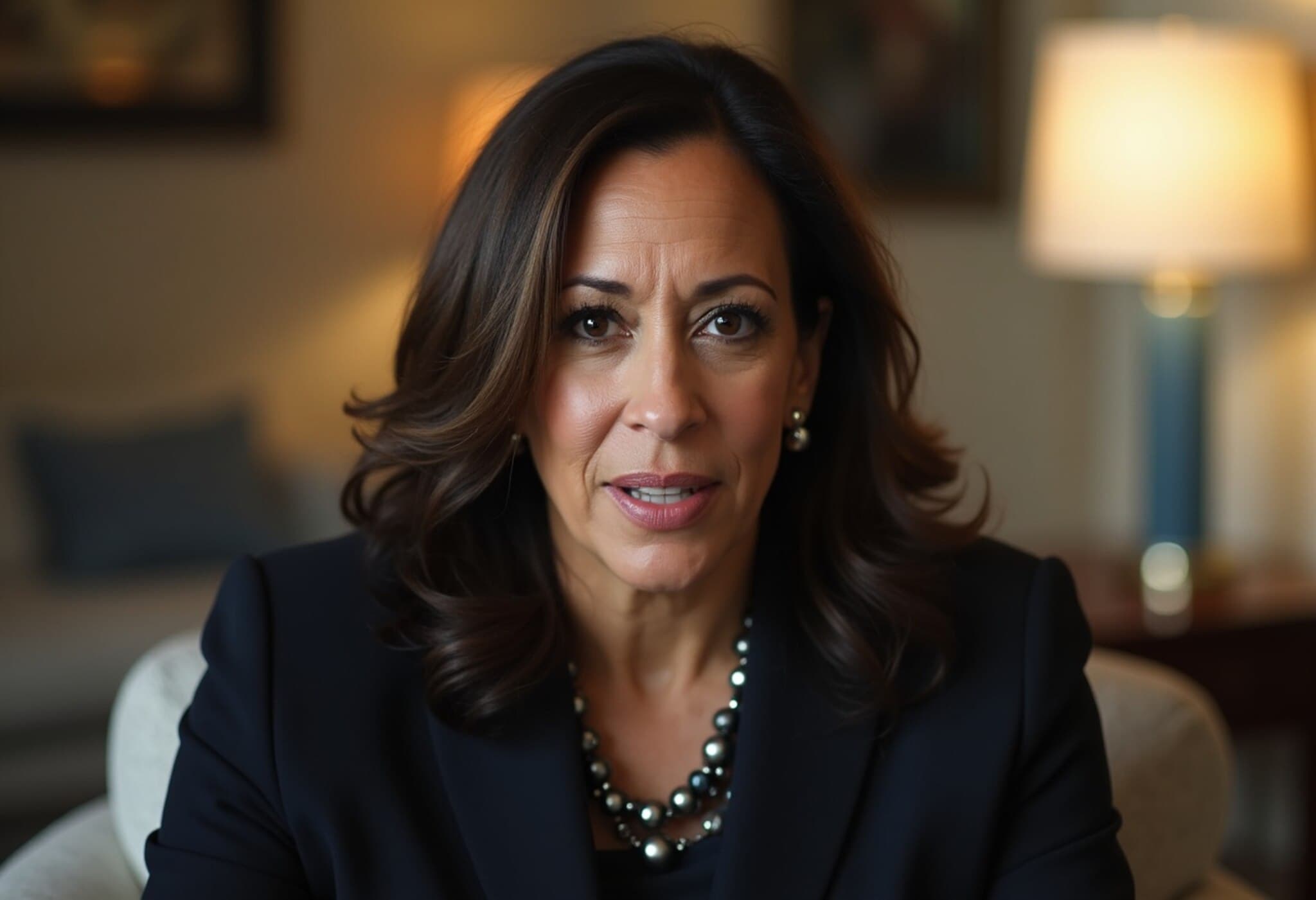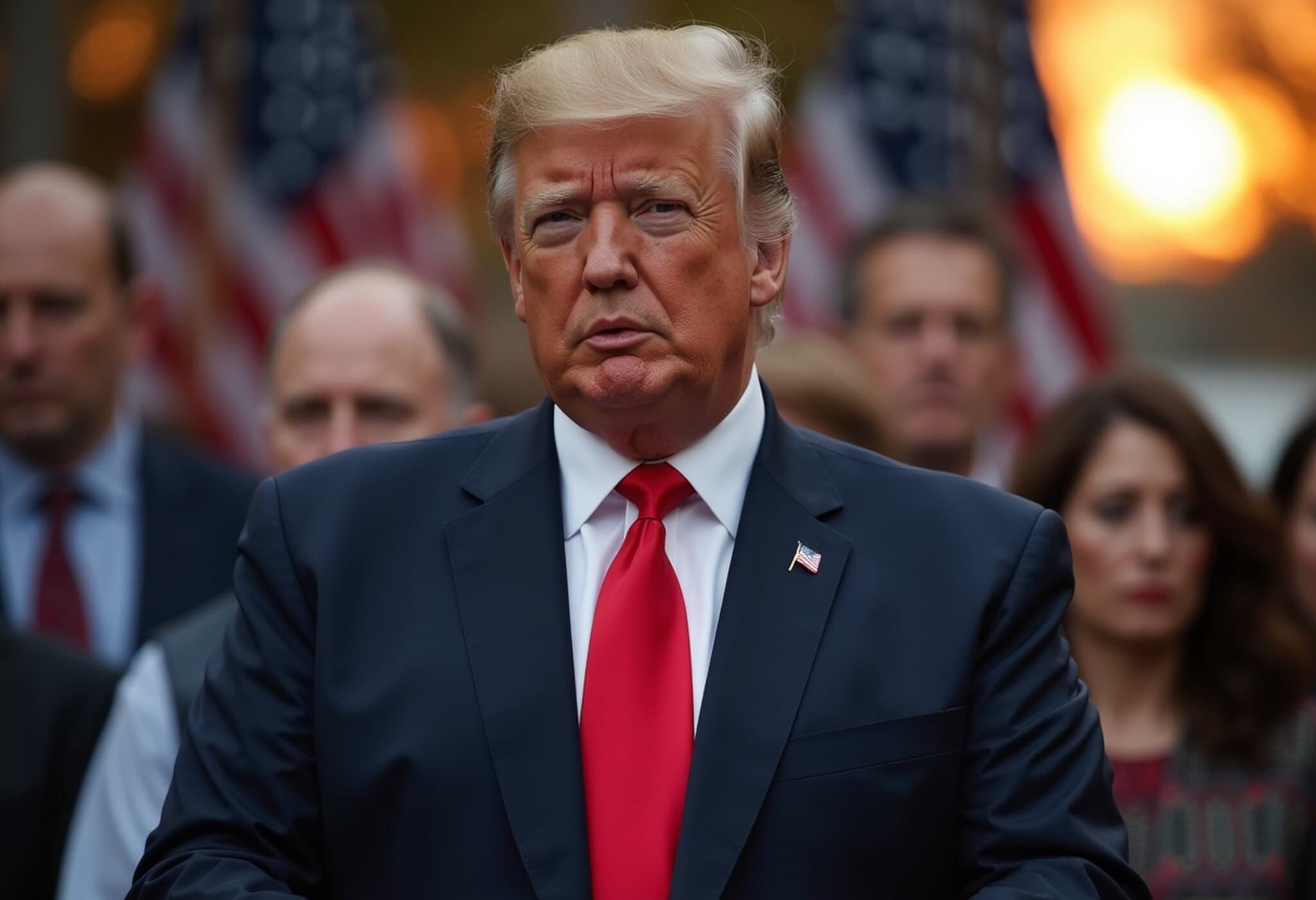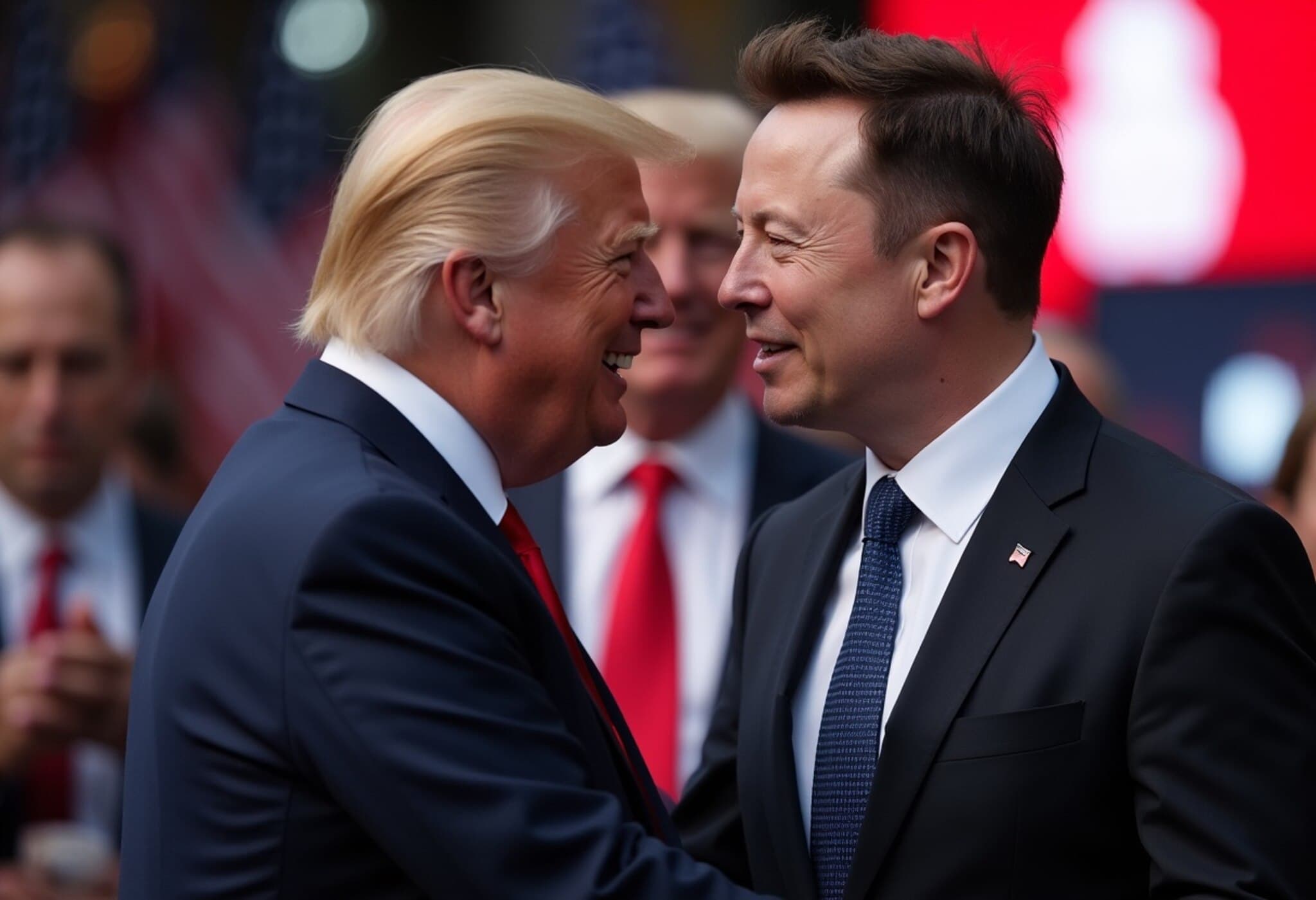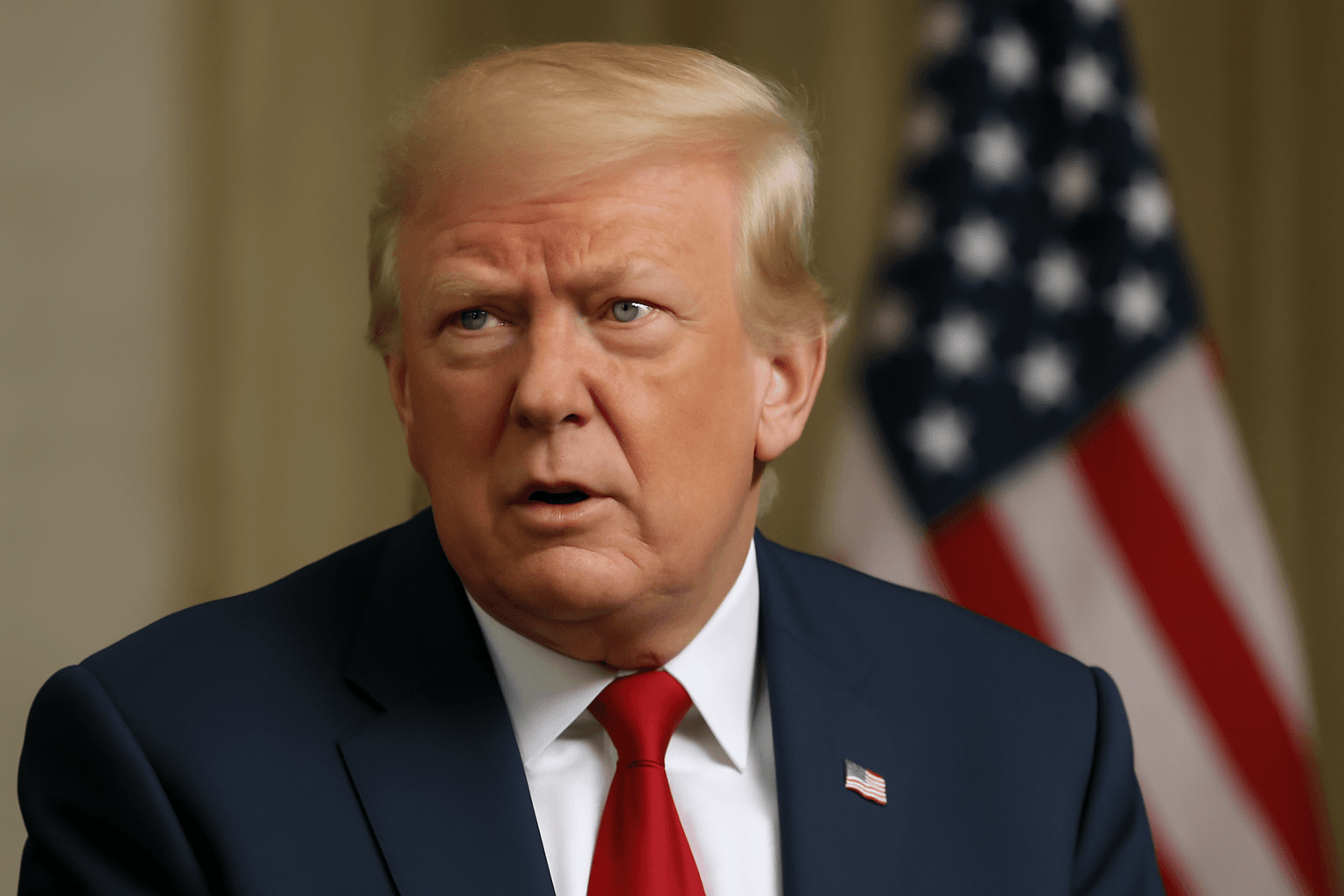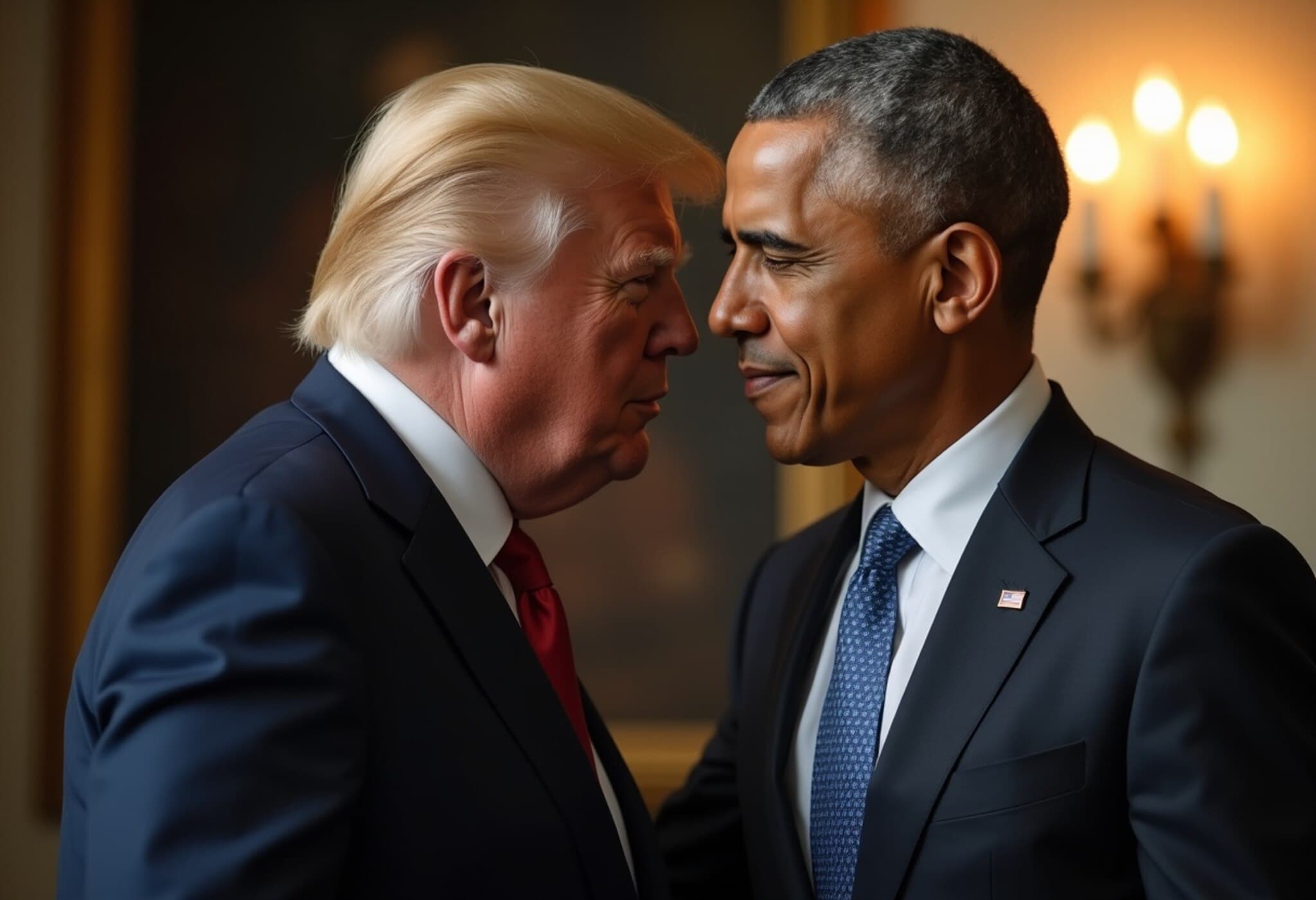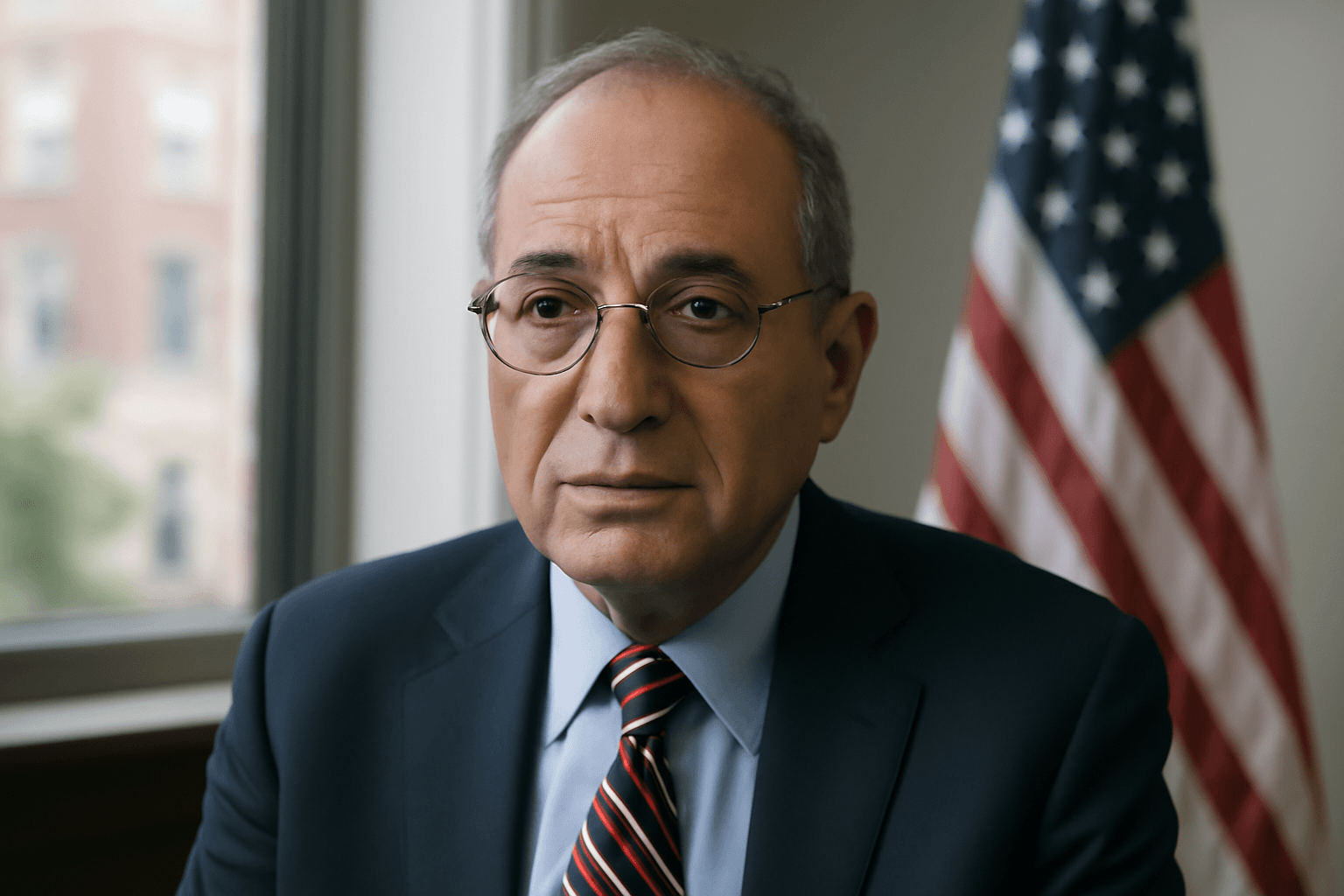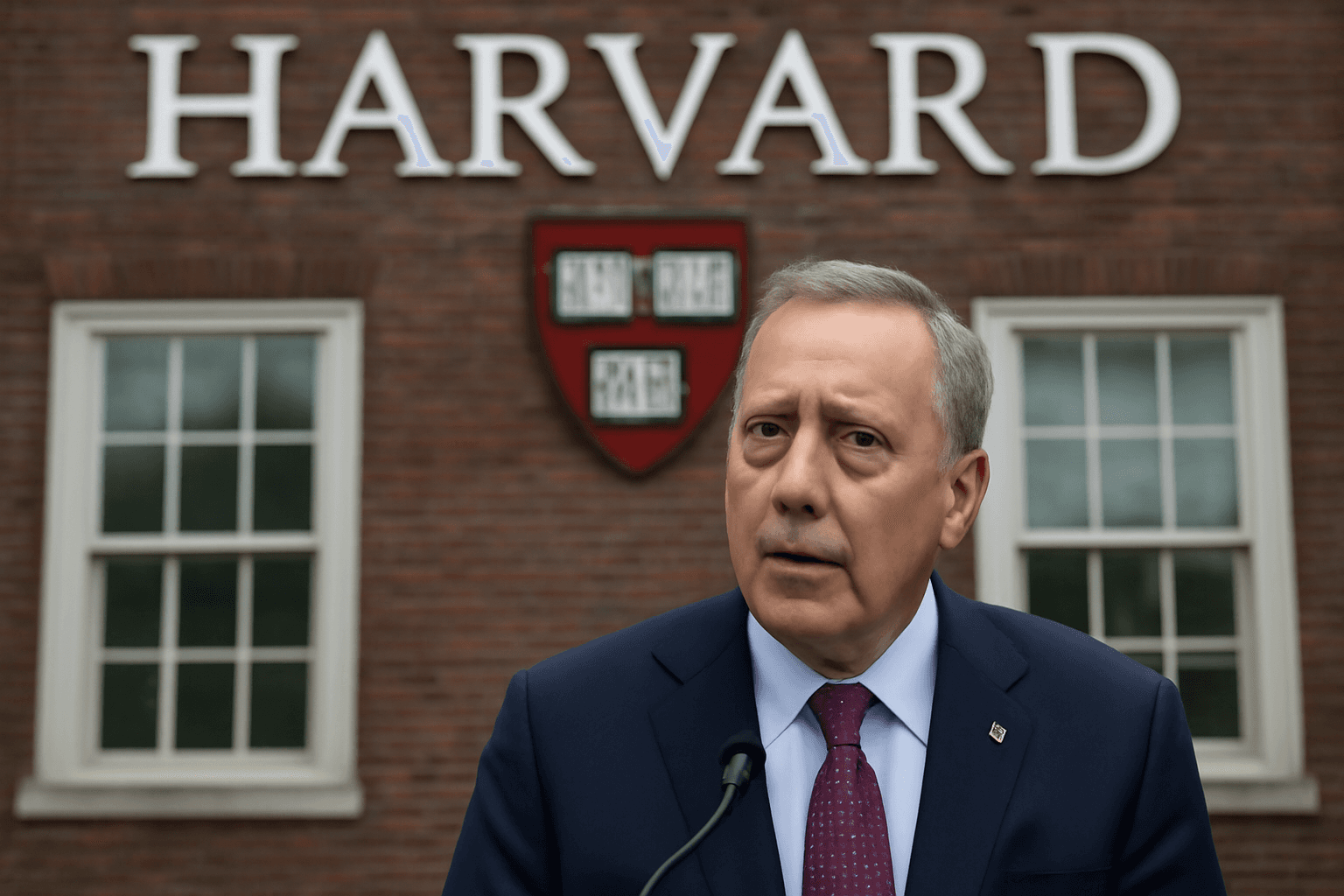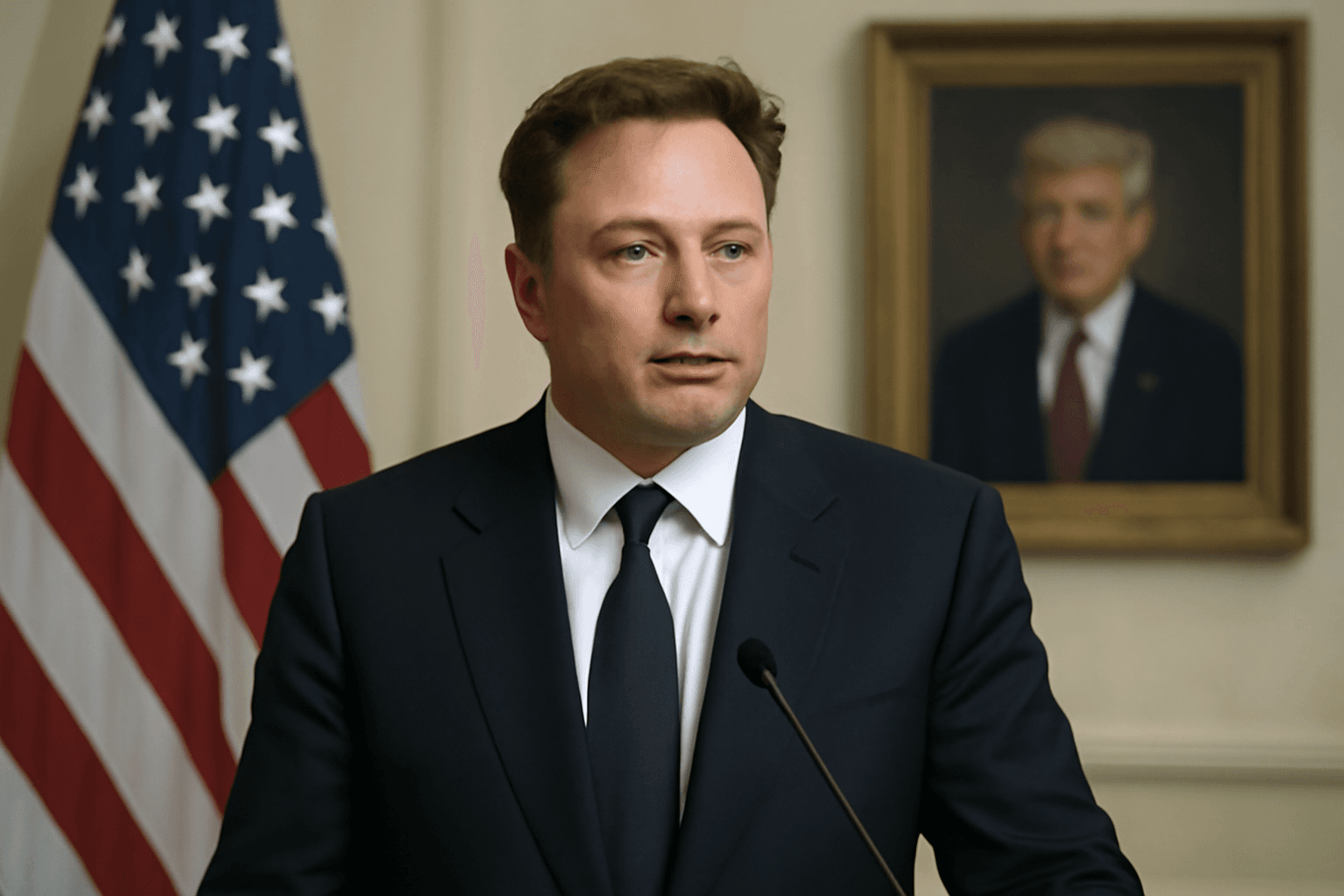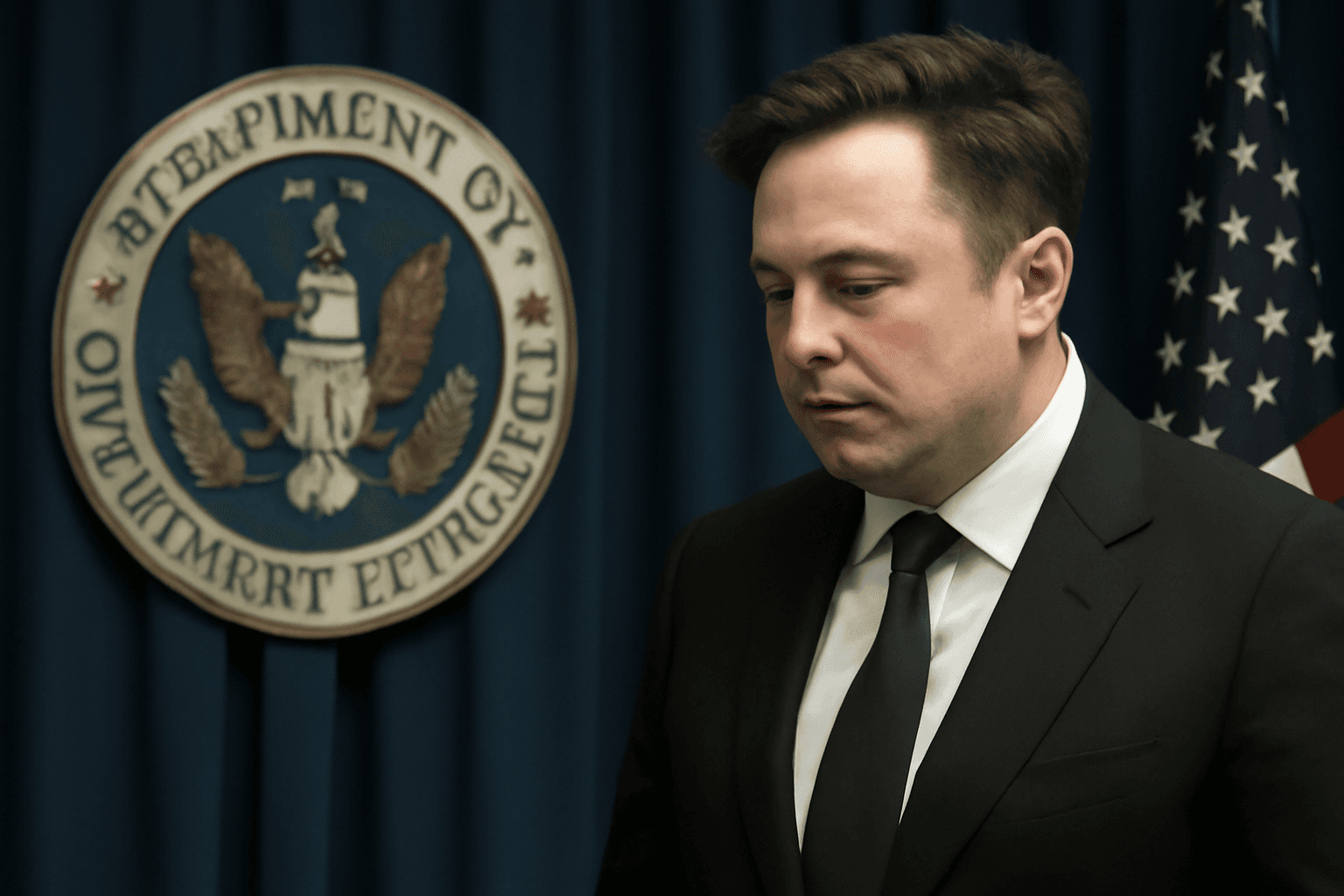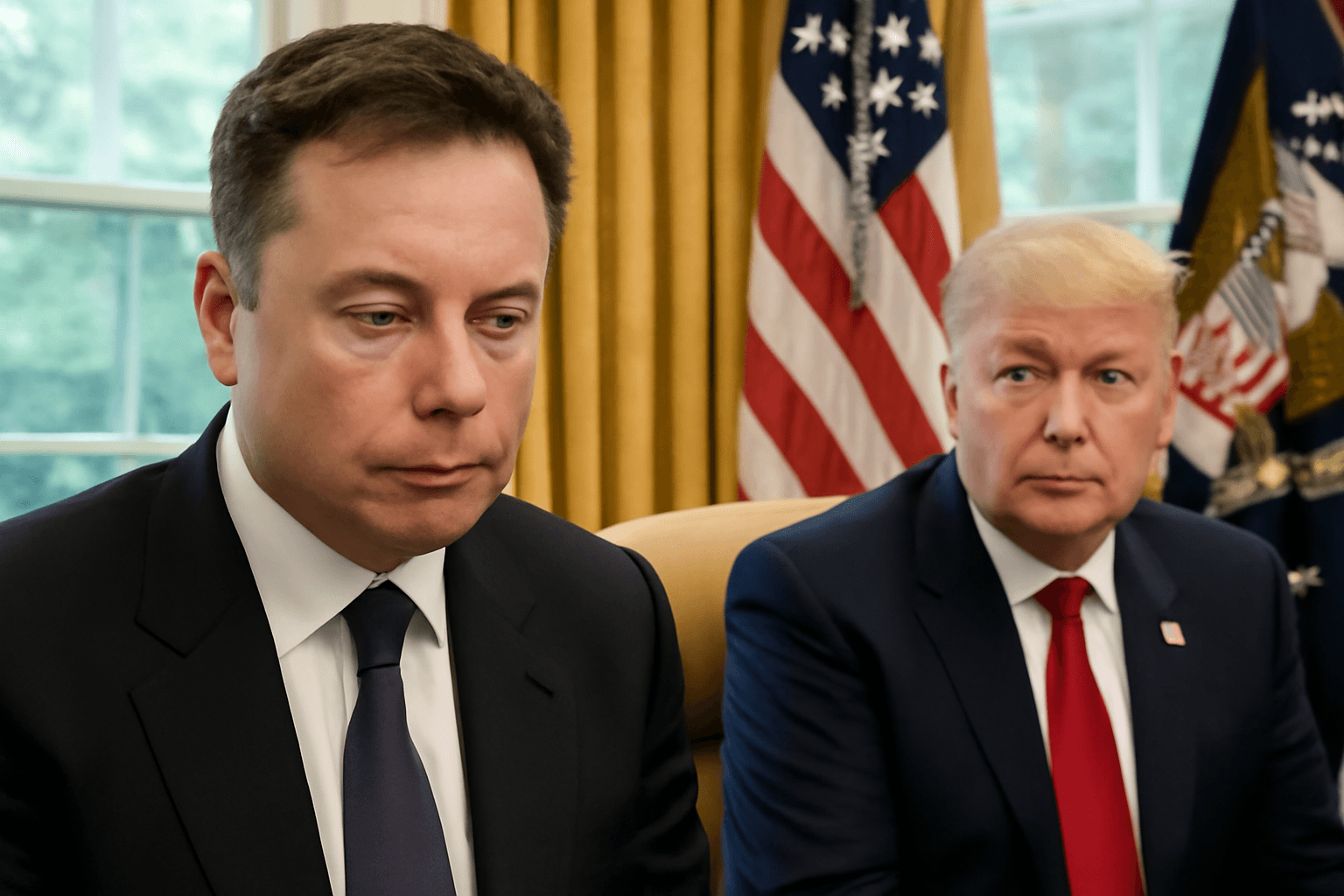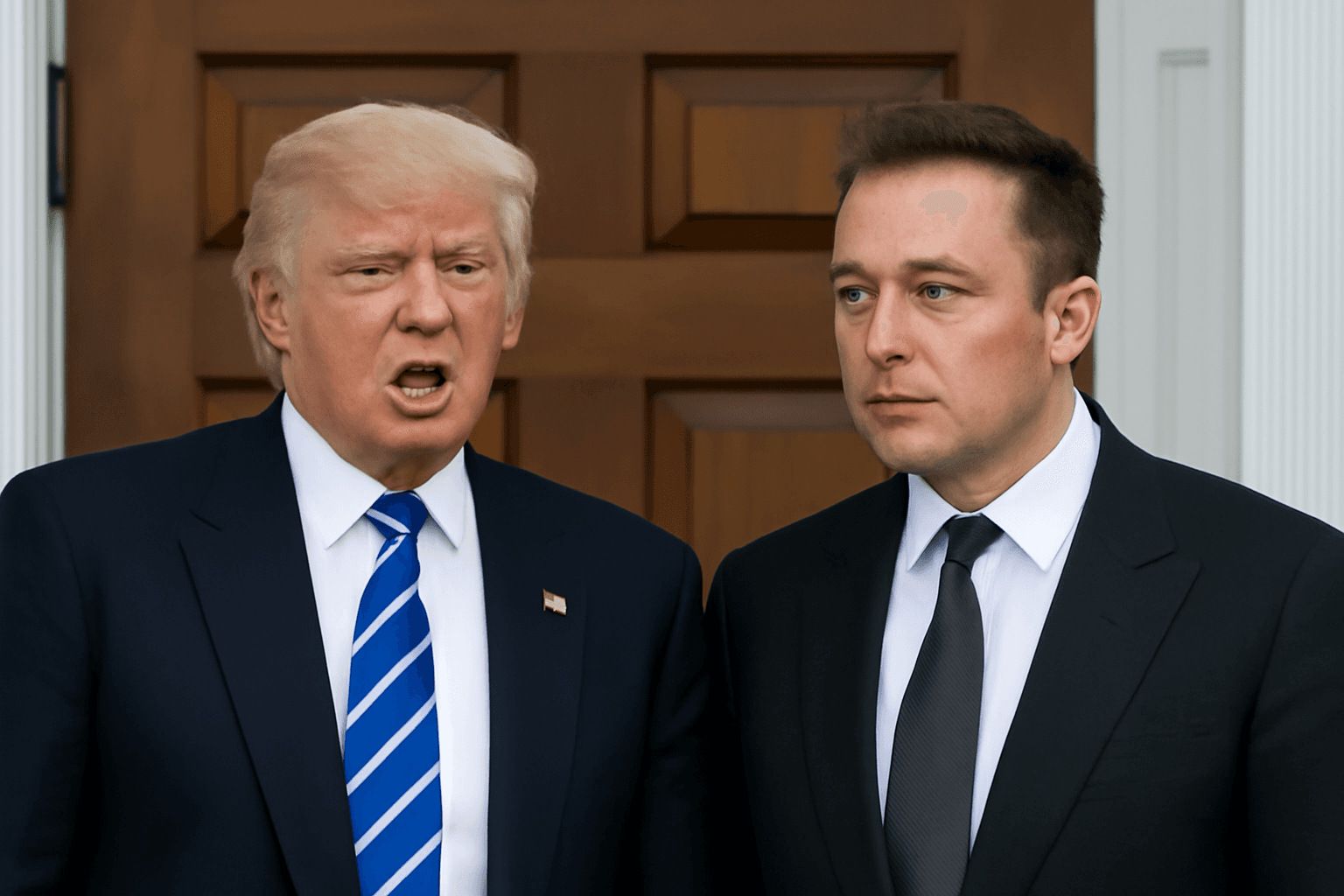Introduction to Curtis Yarvin and His Influence
Curtis Yarvin, a former technology entrepreneur turned political theorist, has emerged as a pivotal intellectual force behind the ideological transformations influencing Donald Trump’s second presidential term. His advocacy for replacing democratic governance with a CEO-style autocracy has increasingly shaped discourse within conservative circles, contributing to policy orientations that emphasize centralized control and elite rule.
The Impact of Yarvin’s Ideas on Trump’s Administration
Although Yarvin has never held public office, his ideology has significantly informed strategies adopted in Trump’s second term. These include the systematic removal of career bureaucrats, weakening institutional checks and balances, and promoting loyalist executives to key positions. Referred to by some as the “intellectual source code” of this governance approach, Yarvin’s concepts underpin efforts to dismantle established democratic norms.
Prominent political figures associated with Trump, such as Vice President J.D. Vance, have echoed Yarvin’s calls to eliminate the so-called “deep state.” Additionally, influential tech entrepreneurs like Peter Thiel and Elon Musk have incorporated Yarvin-like principles into their philosophies, advocating for governance models that prioritize elite decision-making and efficiency over traditional democratic processes. Musk’s growing roles in diverse sectors exemplify Yarvin’s vision of unelected executive authority.
Early Life and Intellectual Evolution
Born in 1973 in Maryland, Yarvin grew up in a politically diverse family environment, with a diplomat father and a Protestant mother, contrasted by his grandparents' leftist affiliations. Gifted academically, he participated in advanced mathematics programs from a young age and graduated high school by 15. Yarvin pursued higher education at Brown University and briefly engaged in computer science doctoral studies at UC Berkeley before joining the Silicon Valley tech boom of the 1990s.
Exposure to libertarian ideas prevalent in Silicon Valley influenced his gradual shift towards right-wing philosophy, steering him toward radical political thought.
Development of a Radical Political Philosophy
Yarvin’s political theory, crafted under the online pseudonym Mencius Moldbug, evolved from libertarian foundations inspired by thinkers like Ludwig von Mises and Murray Rothbard. He rejected democracy as inherently flawed and corrupt, proposing instead a political order governed by a singular executive akin to a corporate CEO or monarch, ruling without electoral constraints.
Central to Yarvin’s philosophy is a strict social hierarchy that denies political equality, promoting elitism and order through stratification rather than universal participation.
Key Concepts: ‘The Cathedral’ and ‘Patchwork Sovereignty’
- The Cathedral: Yarvin’s term for the interconnected dominance of universities, media outlets, and bureaucracies that uphold liberal democratic ideology and suppress dissenting views.
- Patchwork Sovereignty: A proposed restructuring of governance into numerous autonomous, city-sized corporate entities or “sovereign corporations,” each governed by executive decision rather than public voting, where citizens act as consumers rather than voters.
Criticism and Controversies
Yarvin’s work has attracted significant criticism, particularly for endorsing “human biodiversity” theories, often regarded as a euphemism for race-based intelligence claims. While denying white nationalist affiliations, his writings are broadly condemned for providing intellectual cover to racist and elitist ideologies. Furthermore, his admiration for authoritarian regimes noted for efficiency over civil liberties has raised concerns about his disregard for democratic norms and human rights.
Critics characterize Yarvin’s output as pseudo-intellectual rhetoric that rationalizes totalitarianism, often cloaked in irony and satire to deflect accountability for extremist interpretations. Despite these controversies, his language and conceptual frameworks have penetrated mainstream political rhetoric on the American right.
Contemporary Relevance
Once confined to niche internet forums, Curtis Yarvin’s ideas now actively influence mainstream political strategies in one of the world’s leading democracies. His vision of dismantling democratic institutions in favor of unelected hierarchical governance reflects a shift towards a post-democratic paradigm. In the context of Trump’s second administration, these ideas are no longer theoretical but are increasingly manifesting in policy and governance.

